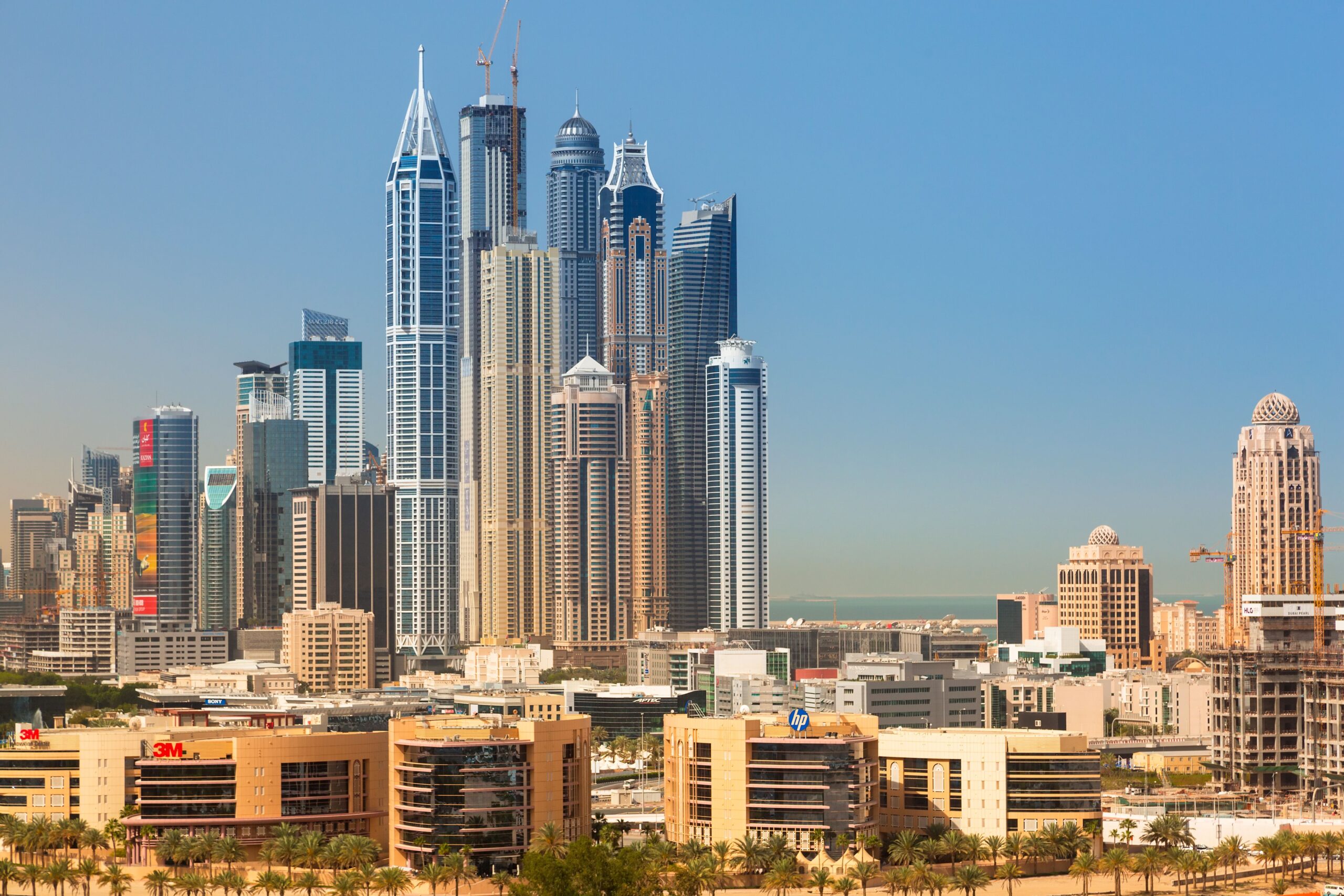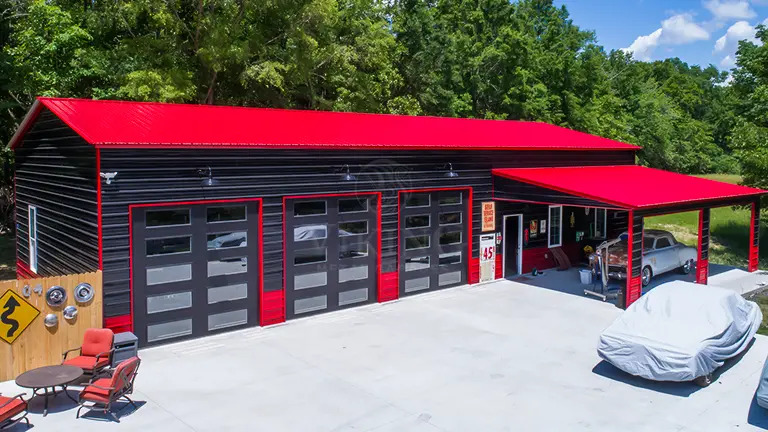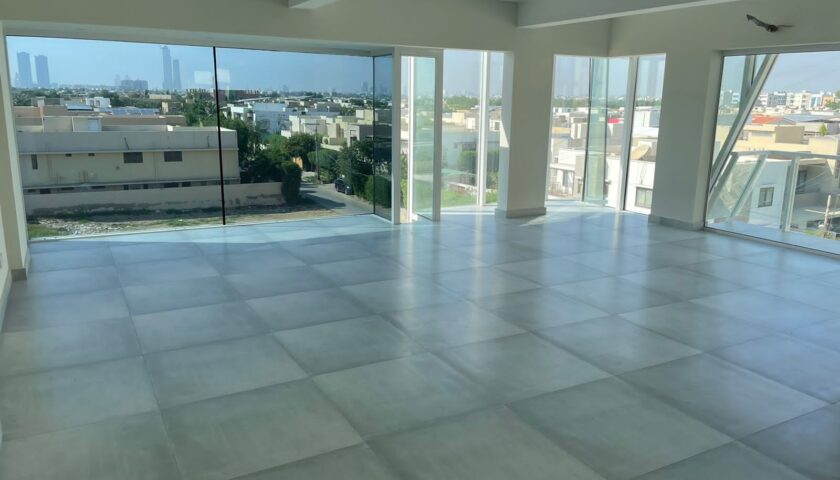Investing in Dubai properties for sale offers expats a unique opportunity to secure high returns in one of the world’s fastest-growing real estate markets. With strategic planning, buyers can navigate legal frameworks, financing options, and emerging hotspots to make the most of their investment. This guide breaks down smart strategies to help expats find profitable deals while avoiding common pitfalls.
Why Expats Are Investing in Dubai Properties for Sale
Expats are increasingly drawn to real estate opportunities in Dubai due to its strong economy, investor-friendly regulations, and tax-free environment. The city offers freehold ownership in prime locations, allowing foreign buyers to fully own properties with no restrictions. High rental yields, especially in well-connected areas, make it a profitable choice for those seeking passive income. Government initiatives, such as long-term residency visas linked to property investments, provide added security and stability for buyers looking to settle or grow their wealth. With world-class infrastructure, a growing job market, and continuous development, the demand for residential and commercial properties continues to rise, making it a strategic choice for those looking to invest internationally.
Understanding Freehold vs. Leasehold: What Expats Need to Know
Expats looking to invest in real estate must understand the difference between freehold and leasehold ownership to make informed decisions. Freehold properties grant full ownership rights, allowing buyers to own both the land and the structure indefinitely, making them a preferred choice for long-term investors. In contrast, leasehold properties are owned for a fixed period—typically 30 to 99 years—after which ownership reverts to the landowner, requiring renewal or renegotiation. While freehold ownership offers more flexibility and control, leasehold options often come at a lower initial cost, making them attractive for those seeking affordability without long-term commitments. Evaluating factors such as location, resale value, and legal conditions is essential before deciding which ownership type aligns best with financial goals.
Top Areas Expats Should Consider When Buying Property in Dubai
Selecting the right location is crucial for expats looking to invest in real estate, as different areas offer varying benefits based on lifestyle, budget, and long-term goals. Communities like Dubai Marina and Downtown provide high rental yields due to their modern infrastructure and proximity to business hubs. For those seeking a more relaxed environment with family-friendly amenities, Arabian Ranches and Jumeirah Golf Estates offer spacious villas surrounded by greenery. Investors focused on affordability and future appreciation often look at emerging districts such as Dubai South and Al Furjan, where large-scale developments continue to drive demand. Each neighborhood comes with distinct advantages, making it essential to align investment choices with personal and financial objectives.
How to Finance Dubai Properties for Sale as an Expat
Securing financing as an expat requires a clear understanding of mortgage options, eligibility criteria, and lender requirements. Many banks in Dubai offer home loans to foreign buyers, typically covering up to 80% of the property’s value, depending on income and residency status. A strong credit history, stable employment, and a minimum monthly salary threshold are key factors in loan approval. Non-residents may face stricter conditions, often requiring a larger down payment and higher interest rates. To increase approval chances, working with mortgage brokers who specialize in expat financing can help navigate different lenders and secure the best possible terms.
Best Payment Plans & Mortgage Options for Foreign Buyers
Financing a property as a foreign buyer has become more accessible with flexible payment plans and mortgage options tailored to expatriates. Many developers offer post-handover payment plans, allowing buyers to spread costs over several years without requiring immediate full payment. Banks in the UAE also provide mortgage options with competitive interest rates, typically covering up to 75% of the property value for non-residents. Eligibility criteria may vary, with factors such as minimum salary requirements, employment stability, and credit history playing key roles in loan approval. Consulting with financial advisors or mortgage brokers can help in selecting the most suitable plan, ensuring long-term affordability and a secure investment.
The Legal Aspects: Residency Visas, Taxes & Ownership Rights for Expats
Understanding the legal framework is essential for expats looking to invest in property in Dubai. Foreign buyers can own freehold properties in designated areas, granting full ownership rights without the need for a local sponsor. One of the biggest advantages is the eligibility for a residency visa, which varies based on investment value, with options like the three-year and ten-year Golden Visa for higher-value purchases. Unlike many global markets, Dubai imposes no annual property tax, inheritance tax, or capital gains tax, making it a tax-efficient investment hub. However, buyers should account for transaction costs, including a 4% Dubai Land Department (DLD) fee and additional registration charges. Legal due diligence, proper contract verification, and working with a trusted real estate lawyer ensure smooth transactions and protect buyers from potential pitfalls.
ROI & Rental Yields: Maximizing Profit from Dubai Properties for Sale
Maximizing profit in the Dubai real estate market requires a deep understanding of ROI and rental yields, both of which vary based on location, property type, and market trends. Areas with strong demand for short-term rentals, such as those near business hubs and tourist attractions, often yield higher returns compared to traditional long-term leases. Investors can further boost profitability by choosing properties with flexible payment plans, minimal service charges, and modern amenities that appeal to tenants. Market research plays a crucial role in identifying neighborhoods with rising property values, ensuring capital appreciation over time. Additionally, leveraging professional property management services can help maintain occupancy rates and secure premium rental income without the hassle of daily oversight.
Off-Plan vs. Ready Properties: Which Investment Is Better for Expats?
Choosing between off-plan and ready properties is a crucial decision for expats looking to invest. Off-plan options often come with lower prices, flexible payment plans, and the potential for higher appreciation by the time construction is complete. However, they carry risks such as project delays and market fluctuations. On the other hand, ready properties provide immediate rental income, allowing investors to start generating returns right away, but they usually come at a higher upfront cost. Weighing long-term goals, financial flexibility, and risk tolerance can help determine which option aligns best with an investor’s strategy.
Hidden Costs to Watch Out for When Buying Property in Dubai
Unexpected expenses can catch buyers off guard, making it essential to account for hidden costs before finalizing a property purchase. Beyond the listed price, additional fees such as the 4% Dubai Land Department (DLD) registration fee, agent commissions, and property valuation charges can add up quickly. Maintenance fees in gated communities or high-rise developments may vary based on amenities, while service charges for shared facilities like pools and gyms can impact long-term affordability. Mortgage processing fees, early repayment penalties, and insurance costs should also be factored into financial planning. Ensuring a buffer for these expenses helps prevent financial strain and allows for a smoother investment experience.
How to Spot a Profitable Investment: Market Trends & Future Growth
Identifying a profitable investment requires a keen understanding of market trends, upcoming developments, and economic forecasts. Areas with planned infrastructure projects, such as new metro lines or commercial hubs, often experience a surge in property value over time. Monitoring historical price trends and rental yields can also help investors gauge long-term profitability. Government initiatives, including residency visa programs and relaxed foreign ownership laws, play a crucial role in shaping demand and future appreciation. Keeping an eye on supply and demand dynamics ensures buyers invest in locations where growth potential remains strong rather than areas nearing saturation.
Final Checklist: What Every Expat Should Do Before Buying Property in Dubai
Before making a final decision, every buyer should conduct thorough research, assess financial options, and understand legal requirements to avoid costly mistakes. Verifying developer credentials, inspecting properties, and reviewing contract terms can prevent unexpected challenges. With careful planning and informed choices, expats can secure a valuable investment that aligns with their long-term goals.





